Research & Research Processes
In this module, individuals will learn what research is in the eyes of the lab and different researcher processes such as; constructing a literature review, and annotated bibliography, and how to properly do citations, modules, and conceptual modules.
What is research?
Resources
How to construct a literature review?
How to construct an annotated bibliography?
How to properly do citations?
Citations (APA formats, Purdue Owl, and other resources)
APA format – American Psychological Association is a set of guidelines for writing academic papers, particularly in the social sciences. Key elements include:
Title Page: Includes the paper's title, author's name, and institutional affiliation, with a running head and page number.
Abstract: A brief summary of the paper, usually 150-250 words.
Main Body: Organized with headings and subheadings to structure the content.
In-Text Citations: Author-date citation style within the text (e.g., (Smith, 2020)).
References Page: A list of all sources cited in the paper, formatted with specific rules for different types of sources (e.g., books, journal articles, websites).
Formatting: Double-spaced text, 1-inch margins, and a legible font (e.g., 12-pt Times New Roman).
Headings: Use of different levels of headings to organize the paper's sections.
Other Citation resources:
- Purdue Owl– The Purdue Online Writing Lab (OWL) provides free writing resources and instructional materials for students, teachers, and professionals. Purdue OWL is widely used for its comprehensive, accessible, and authoritative guidance on a wide range of writing-related topics.
https://owl.purdue.edu/owl/research_and_citation/apa_style/apa_formatting_and_style_guide/index.html
- Writing and Teaching Writing: Guides on writing processes, grammar, mechanics, and style.
- Research and Citation: Instructions on conducting research and formatting citations in various styles (e.g., APA, MLA, Chicago).
- Subject-Specific Writing: Resources tailored to writing in different disciplines, such as business, engineering, and the sciences.
- Job Search Writing: Tips and examples for writing résumés, cover letters, and other job search documents.
- ESL Resources: Support for non-native English speakers to improve their writing skills.
